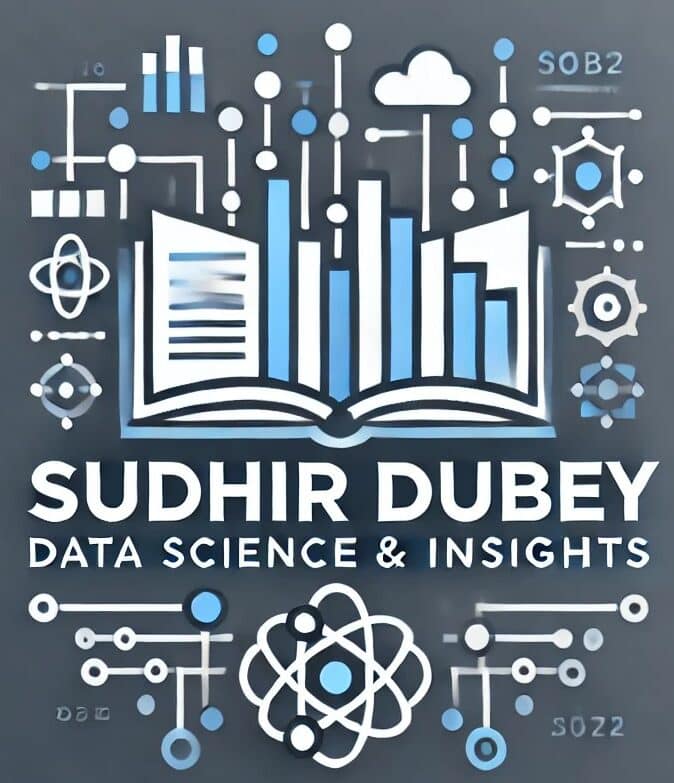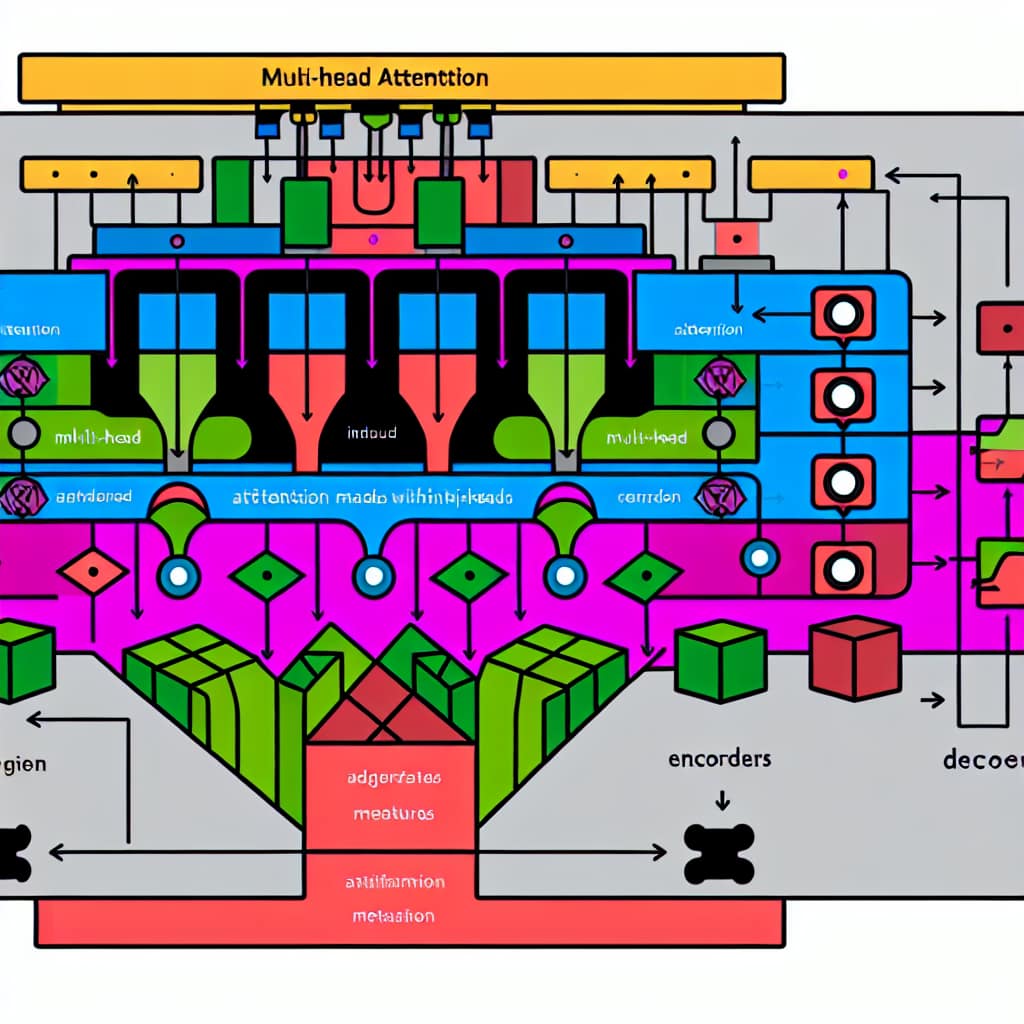GenAI Ethics: The 2025 Guide to Essential AI Responsibility
The rapid evolution of General Artificial Intelligence (GenAI) offers immense potential but also raises critical ethical questions. With AI systems increasingly making autonomous decisions, the responsibility of their creators to ensure ethical conduct becomes paramount. GenAI ethics emphasizes ensuring fairness, transparency, and accountability, essential elements as AI begins to permeate more facets of daily life.
Understanding GenAI Ethics
GenAI ethics extend beyond traditional AI concerns, demanding a comprehensive understanding of machine autonomy and human oversight. At the core, GenAI systems should reflect societal values, avoiding bias and fostering inclusivity. Ethical guidelines must be robust, adaptive to technological changes, and inclusive of diverse cultural perspectives. In 2025, ethical AI practices will require frameworks that balance innovation with moral responsibility, ensuring the technology serves humanity rather than exacerbates existing societal issues.
Frameworks and Regulations
Governments and organizations worldwide are establishing regulatory frameworks to govern AI deployment. The European Union’s AI Act is a notable example, setting standards for trustworthy AI. International bodies like the IEEE also aim to create ethically aligned design standards. These frameworks provide a roadmap for developers to embed ethics into GenAI systems, ensuring compliance and fostering public trust.
Internal Links: AI Regulations in 2025, AI Ethics Standards
Critical Ethical Considerations
Transparency and Explainability
AI systems should offer transparency, enabling users to understand decision-making processes. Explainability is crucial, especially in sectors like healthcare and finance, where AI decisions impact lives and livelihoods.
Bias and Fairness
Combating bias in AI is essential to ensure fairness. Developers must rigorously test algorithms against diverse datasets, promoting equitable outcomes for all user groups.
Data Privacy
With AI systems processing vast amounts of data, safeguarding user privacy is a pressing concern. Adopting privacy-preserving techniques like differential privacy can mitigate risks.
Real-World Examples
Case Study: AI in Healthcare
In healthcare, GenAI systems have revolutionized diagnostics and patient care. However, ethical lapses, such as inaccurate predictions due to biased training data, have prompted calls for stricter ethical oversight.
Case Study: Autonomous Vehicles
With autonomous vehicles, ensuring safety and ethical decision-making in unpredictable environments remains a challenge. Companies like Waymo and Tesla invest heavily in ethics-centered research to address these concerns.
External Link: MIT Technology Review on AI Ethics
Emerging Trends in GenAI Ethics
As AI technology advances, several trends are emerging in GenAI ethics. Collaborative AI development across international borders is growing, promoting global standards for ethical AI deployment. Additionally, advances in AI interpretability tools aim to enhance algorithm transparency.
Internal Link: The Future of AI Technology



